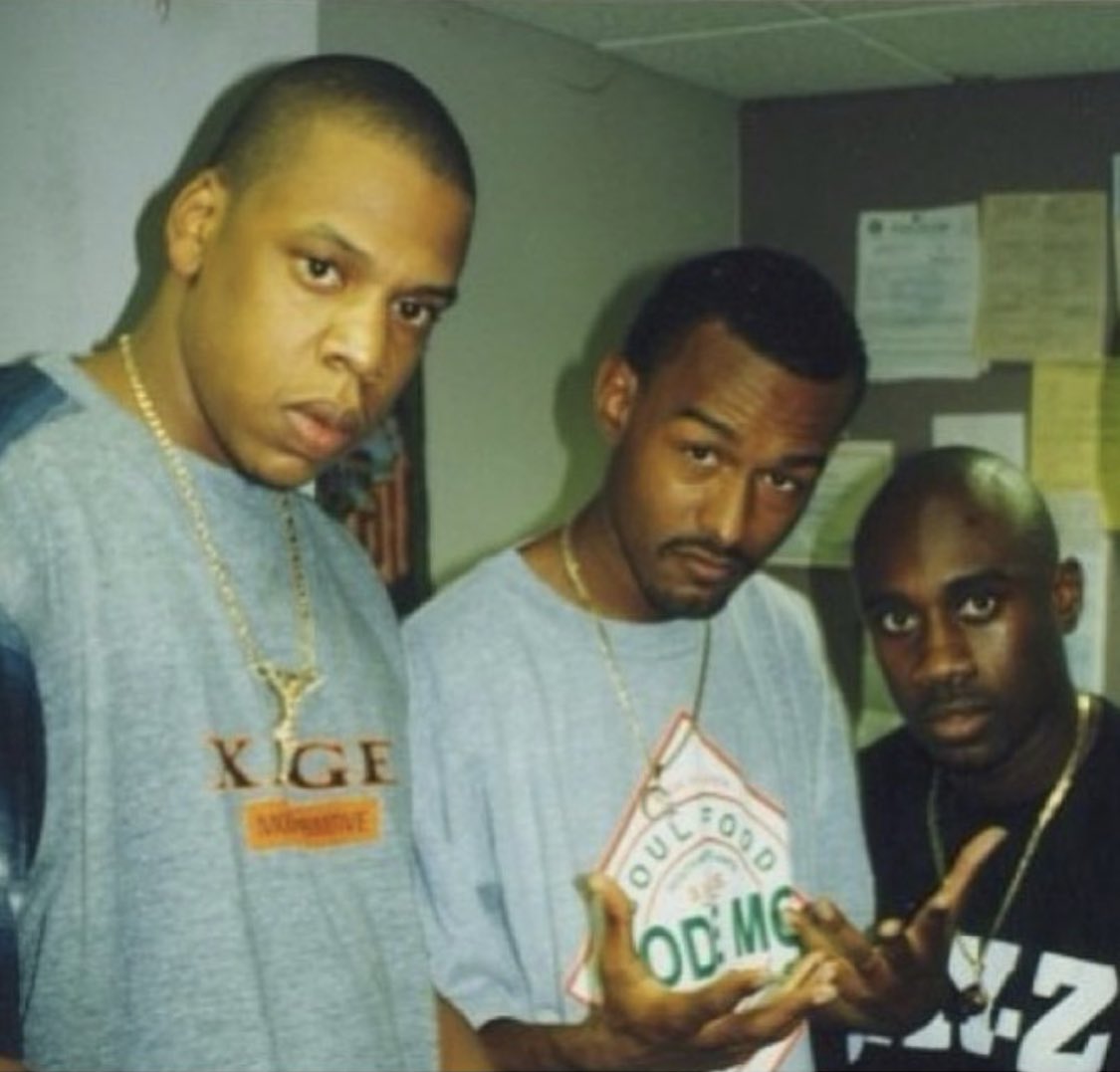Something I often consider is how crazy some of my fav songs and moments in Hip Hop would be if they happened in an age where Twitter was a thing. There is one song I keep finding myself revisiting in every conversation I have on the topic; after seeing a copy of it on wax during a recent dig, I felt compelled to force all of you to revisit its brazen brilliance.
There is no doubt that if Mad Skillz’s 2000 Rawkus release “Ghostwriter” were to drop right now — in today’s climate — it would be the most buzzed-about song in history.
Period.
For those not aware of the record, it’s possibly the most ballsy warning shot of all time. Skillz was well known as a ghostwriter in the industry, crafting countless hits — dominating Billboard in his prime. However, he found himself having a considerable amount of headaches attempting to collect funds for the (life-changing) services he rendered to artists (who were mainly superstars).
I have always thought being a ghostwriter must be an odd experience. Imagine having to hear chart-topping singles everywhere you go and accept that nobody but you is aware of your involvement. But, I imagine watching artists live their best lives while singing your songs and not paying for it would be infuriating.
This was the case for Skillz, who decided to put the artists in his accounts receivable list on blast. “Ghostwriter” is a firsthand account of how he effortlessly crafted hits for artists who have yet to pay up — bleeping their names. The best part was, the third verse threatened to drop an uncensored version if he didn’t get his money.
Can you even imagine if this happened today?
The use of ghostwriters is something that will follow Drake for the rest of his career. Regardless if it affects bottom-line sales, it affects credibility in real rap circles. In the case of Drizzy, though, fans were left to process one revelation. Imagine if you learned the top 10 artists you loved weren’t writing — all in one sitting.
It wasn’t until years later when footage surfaced of Skillz singing an uncut version. Imagine how saucy this would have been on the timeline.
In a 2015 interview with White Label Radio, he revealed that the bluff worked — with many of the artists promptly paying him what he described as “hush money.”
Whenever we hear debates about best diss records, this song is never mentioned, which is criminal. Even though it didn’t reveal the targets, the bars were so direct you couldn’t help but speculate. It was justified extortion and (in some cases) could have been a career-ending injury for those named. Savagery in the highest form.
Take a few minutes to revisit this classic.
Early.






